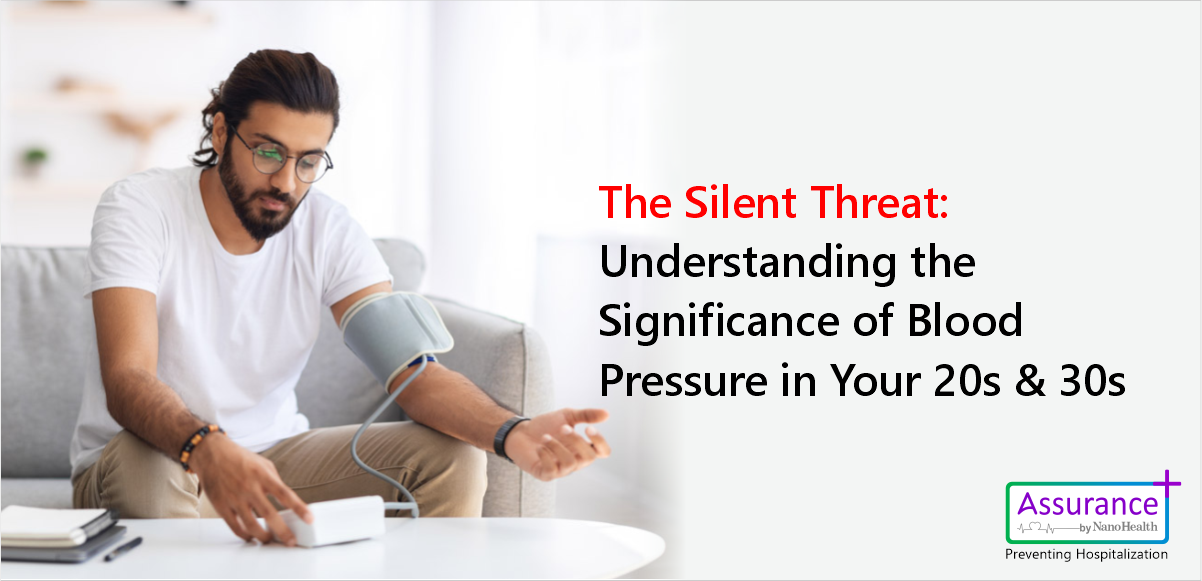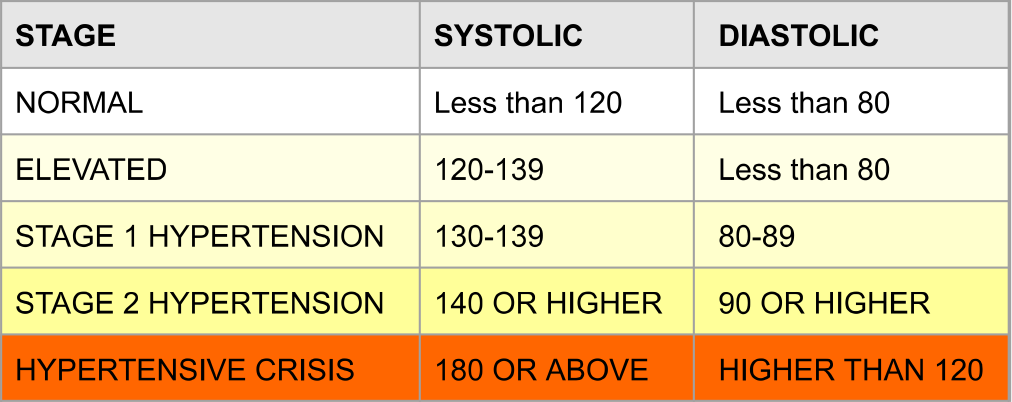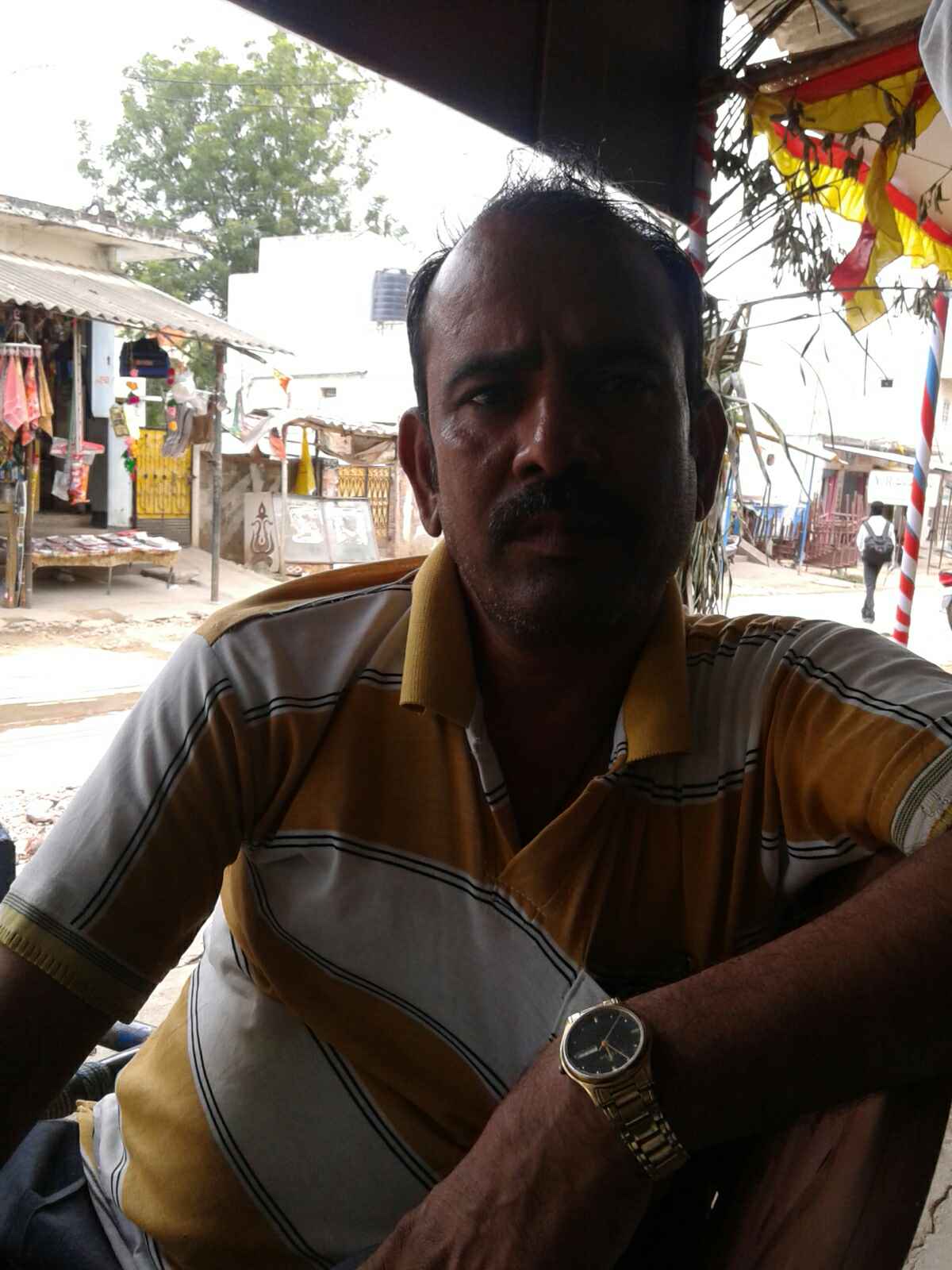

"A healthy heart and balanced blood pressure are the keys to unlocking a lifetime of wellness and vitality." - Anonymous
Maintaining a healthy heart is vital for overall well-being and longevity, as the heart, as the central organ of the cardiovascular system, tirelessly pumps blood throughout our body, supplying oxygen and nutrients to every cell. A key factor in preserving heart health is maintaining optimal blood pressure levels.
Blood pressure, the force exerted by circulating blood on the walls of arteries, plays a crucial role in ensuring efficient blood flow and proper organ function. Consistently elevated blood pressure, also known as hypertension, can lead to serious health complications, including heart disease, stroke, and kidney problems.
Therefore, it is essential to understand the importance of heart health and the significance of maintaining ideal blood pressure levels to promote a long and healthy life.
Is having a High BP a matter of concern?
Having blood pressure is important for the normal functioning of the cardiovascular system and overall health as having healthy levels of blood pressure is crucial for ensuring that oxygen and nutrients are delivered to the organs and all tissues in the body.
However, having high blood pressure (hypertension) is a cause for concern because it can lead to various health complications and increase the risk of cardiovascular diseases.
Heart health
High blood pressure puts an extra strain on the heart, making it work harder to circulate blood. Over time, this can lead to various heart conditions, such as coronary artery disease, heart failure, or heart attacks. Monitoring blood pressure helps identify potential heart problems early on.
Stroke risk
High blood pressure is a major risk factor for strokes. When blood pressure is elevated, the delicate blood vessels in the brain can become damaged or weakened, leading to an increased risk of a stroke. By maintaining healthy blood pressure levels, the risk of stroke can be significantly reduced.
Kidney function
The kidneys play a crucial role in filtering waste products from the blood and maintaining overall fluid balance in the body. High blood pressure can damage the blood vessels in the kidneys, impairing their function and potentially leading to kidney disease or even kidney failure. Monitoring blood pressure helps safeguard kidney health.
Vascular health
Persistently high blood pressure can cause damage to the inner lining of blood vessels, leading to atherosclerosis (hardening of the arteries). This condition narrows the arteries, reducing blood flow to vital organs and increasing the risk of heart disease, stroke, or peripheral artery disease.
Early detection of health issues
Blood pressure monitoring is a non-invasive and relatively simple way to identify potential health problems. Consistently high or low blood pressure levels can indicate an underlying condition that requires further investigation and treatment. Regular blood pressure checks enable early detection of issues such as hypertension, hypotension, or other cardiovascular disorders.
Overall well-being
Maintaining healthy blood pressure levels contributes to general well-being and quality of life. Proper blood pressure management reduces the risk of cardiovascular events, enhances energy levels, and supports optimal organ function.
Why is Blood Pressure Important for All Age-Groups?
Blood pressure is a cause of concern for all age groups because it can affect people at any stage of life and have significant health implications. Here's why blood pressure is a concern across different age groups:
Adolescents and young adults
Unhealthy lifestyle habits, such as poor diet, lack of physical activity, and stress, can contribute to elevated blood pressure levels even in younger individuals. High blood pressure in this age group can increase the risk of developing cardiovascular problems later in life. Monitoring blood pressure during routine check-ups helps identify potential issues and encourages the adoption of healthy habits.
Adults
High blood pressure is prevalent among adults, and its incidence increases with age. Hypertension is a significant risk factor for various cardiovascular diseases, including heart disease, stroke, and kidney disease. Regular blood pressure monitoring or at least twice in a year enables early detection of high blood pressure and facilitates the implementation of lifestyle modifications or medication if necessary.
Older adults
Blood pressure management becomes increasingly crucial as people age. High blood pressure is more prevalent in older adults and is often associated with other age-related health conditions. Hypertension in this age group can lead to complications such as heart disease, stroke, cognitive decline, and kidney problems. Close monitoring of blood pressure allows for timely intervention to reduce the risk of adverse health outcomes.
Regular check-ups with your healthcare professional can help determine the target blood pressure range for each individual and provide guidance on how to maintain it.
Ideal Blood Pressure Values and Stages of Hypertension:

Elevated blood pressure: Elevated blood pressure is typically managed through lifestyle modifications such as a healthy diet, regular exercise, weight management, smoking cessation, and stress management. Complications at this stage are minimal but can progress if untreated.
Stage 1 hypertension: Stage 1 hypertension may require lifestyle changes and medication. Precautions involve adhering to lifestyle modifications and prescribed medications to reduce the risk of heart disease, stroke, kidney problems, and other complications.
Stage 2 hypertension: Stage 2 hypertension typically necessitates lifestyle changes and multiple antihypertensive medications. Complications are similar to stage 1 hypertension but can be more severe.
Hypertension crisis: A hypertensive crisis is a severe condition characterized by a sudden and extreme increase in blood pressure. It is classified into two types: hypertensive urgency and hypertensive emergency.
Hypertensive Urgency: Hypertensive urgency refers to a situation where blood pressure is severely elevated, but there are no immediate organ damages. Treatment usually involves close monitoring and adjustment of medications to lower blood pressure gradually. The aim is to bring the blood pressure down over the course of hours to days. It may require increasing the dose of existing medications or adding new medications. Lifestyle modifications may also be reinforced.
Hypertensive Emergency:
Hypertensive emergency is a life-threatening situation where blood pressure is extremely high and associated with acute organ damage. It requires immediate medical attention and hospitalization. Treatment involves rapidly reducing blood pressure to prevent or minimize organ damage. Intravenous medications, such as nitroprusside, labetalol, or nicardipine, are commonly used to achieve a controlled and gradual reduction in blood pressure. The specific medications and dosages depend on the individual's condition and may require intensive care.
In both hypertensive urgency cases and hypertensive emergency cases, it is crucial to closely monitor vital signs, organ function, and blood pressure levels throughout the treatment process as the goal is to lower blood pressure while avoiding an overly rapid reduction that could lead to major complications.
If you or someone you know experiences a hypertensive crisis, it is essential to seek immediate medical attention or call emergency services.
Do’s & Don’ts for Maintaining Your Blood Pressure
Here are some tips for maintaining blood pressure within the ideal range:
1. Follow a balanced and healthy diet
Adopt a diet rich in fruits, vegetables, whole grains, lean proteins, and low-fat dairy products. Reduce your intake of sodium (salt), processed foods, saturated fats, and added sugars. The Dietary Approaches to Stop Hypertension (DASH) eating plan is often recommended for managing blood pressure.
You can also consume foods rich in potassium, calcium and magnesium such as Banana, Broccoli, Pomegranate, Kiwi, Oats, Beetroot, Garlic, and Pumpkin Seeds that help in lowering the blood pressure.
2. Avoid alcohol consumption
Excessive alcohol consumption can raise blood pressure, so it's important to avoid the consumption of alcohol completely.
3. Reduce sodium intake
Lower your sodium intake by avoiding high-sodium processed foods and using herbs, spices, and other flavorings to enhance the taste of your meals instead of salt. Be mindful of hidden sources of sodium, such as canned soups, sauces, and condiments (less than 2.5 grams per day).
4. Exercise regularly
Engage in regular aerobic exercise, such as brisk walking, jogging, cycling, or swimming. Aim for at least 150 minutes of moderate-intensity aerobic activity or 75 minutes of vigorous-intensity activity per week. Regular physical activity can help lower blood pressure and improve overall cardiovascular health.
5. Maintain a healthy weight
If you are overweight or obese, losing even a small amount of weight can have a positive impact on your blood pressure. Combine regular exercise with a balanced diet to achieve and maintain a healthy weight.
6. Manage stress
Chronic stress can contribute to high blood pressure. Practice stress management techniques such as deep breathing, meditation, yoga, or engaging in hobbies or activities you enjoy. Find healthy ways to cope with stress and prioritize self-care.
7. Limit caffeine intake
While the effects of caffeine on blood pressure can vary, it may temporarily raise blood pressure. If you are sensitive to caffeine, consider reducing your consumption of coffee, tea, energy drinks, and other caffeinated beverages.
8. Quit smoking
Smoking tobacco products can raise blood pressure and damage blood vessels. Quitting smoking is beneficial for overall cardiovascular health and can help lower blood pressure.
9. Follow medical advice
If you have been diagnosed with high blood pressure, follow your healthcare provider's recommendations regarding medication, lifestyle changes, and regular check-ups. Take prescribed medications as directed and communicate any concerns or side effects to your healthcare provider.
10. Monitor your blood pressure
Regularly check your blood pressure at home or during doctor visits to monitor any changes or fluctuations. This can help identify potential issues and allow for timely intervention if needed.
At Assurance by NanoHealth, we prioritize your health, especially if you have hypertension. Our integrated OMRON BP device, paired with our Assurance app, revolutionizes blood pressure monitoring. Simply connect the device to your Android phone or tablet via Bluetooth and measure your blood pressure. With a click of a button, your data is automatically saved in the Assurance app.
This cutting-edge system allows you to track your blood pressure regularly, store data, and receive real-time insights. Our healthcare professionals offer personalized support, empowering you to effectively manage your hypertension. With our accessible and convenient system, you take an active role in your health.
The instant recording feature eliminates manual entry, ensuring accurate and consistent records of your blood pressure levels over time.
Start Your Hypertension Management Journey with Assurance by NanoHealth
At Assurance by NanoHealth, our innovative 'Uncontrolled Hypertension Management Program' empowers individuals with hypertension to effectively manage their condition and prevent complications.
Our expert healthcare team, including doctors, dieticians, and health coaches, provides personalized care and support through regular consultations. They offer advice on lifestyle modifications, such as diet and exercise, to improve blood pressure readings. With regular monitoring and personalized care, our program enables users to manage their condition, enhance overall health, and improve quality of life.
By accessing real-time data on blood pressure readings, healthcare professionals provide accurate and personalized care, leading to effective strategies for reversing hypertension. Through lifestyle modifications and proactive interventions, patients witness significant improvements in blood pressure levels over time, achieving hypertension management with our program.
If you’re someone who wants to improve your quality of life by keeping your BP in range, feel free to get in touch with our health experts today! You can call us at +91 91004 44004 or visit our website www.nhassurance.com to know more.
